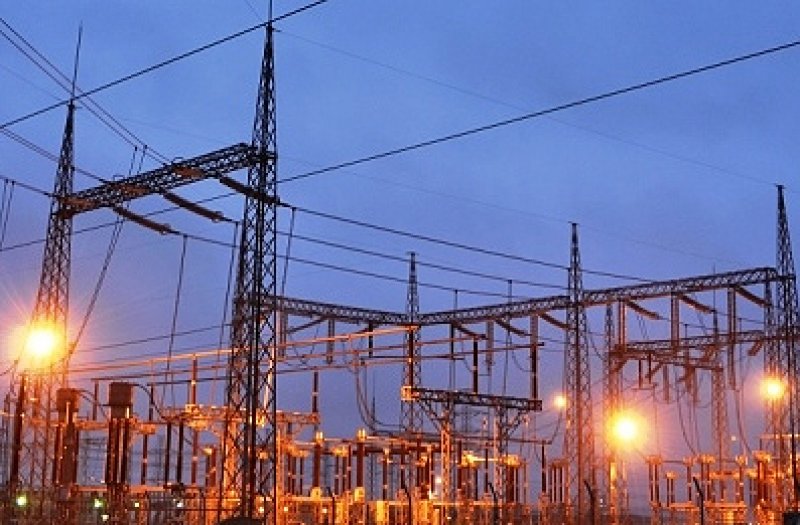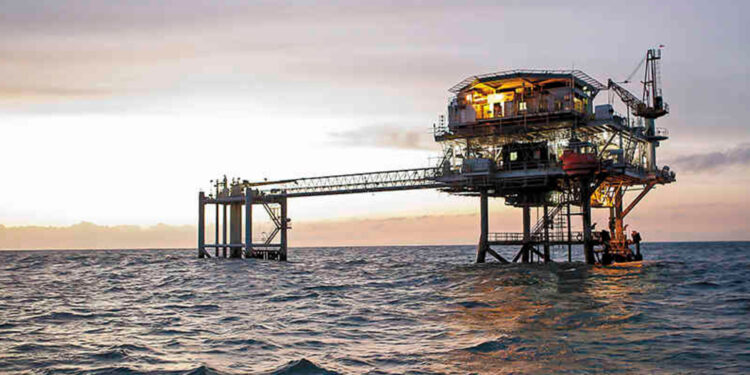The Institute of Energy Securities has disclosed that Government should at least provide half of the 1.4 billion dollars owed Independent Power Producers (IPP) to curtail a possible shutdown of their plants.
Executive Director of the Institute, Nana Amoasi VII, has stated there will be dire repercussions for power supplied the country if the IPPs carry out their threat to shut down as they contribute rather significantly towards the national grid.
“Now the question of IPPs… they are entitled to their money, they have threatened on several occasions that they could shut down their system because they are unable to operate. If they do good on their word, it means that we have a huge problem as a country. In fact, they contribute huge, close to 2,000 megawatts of the power that we consume”.
Nana Amoasi VII
“Taking this 2,000 out of the system, are we saying the government power they produce is enough to keep us?”
Mr. Amoasi expressed his misgivings about government’s ability to actualize the debt payments and that despite the looming prospect of a possible shut down by the power producers, the Institute, believes that government can reduce the energy sector debt by incorporating the use of renewable energy to Ghana’s power mix.
“The way we’ve structured our energy sector, I am unable to state clearly that we will overcome this debt. We pay more because we source for power from sources that are quite expensive in nature and so it is the way we procured our power sources that has been the main challenge.
“That’s why it is very necessary to dilute this by the introduction of other cheaper sources like renewables, which we are sure that we’ll have to get. If you do competitive bidding and auctioning, you’ll get less than 10 cents per kilowatt hour, so that we can dilute the situation”.
IPPs jettisoned in Mid-Year budget Review
The CEO of Chamber of Independent Power Producers and Bulk Consumers , Elikplim Kwablah Apetorgbor, expressed his dismay over government’s letdown in addressing the debt of about USD$1.4 billion owed them in reading of the Mid-year budget.
Mr. Apetorgbor said, although there are inherent problems within the power sector, the Finance Minister, Ken Ofori-Atta failed to speak on the how best the issues of financial challenges and revenue shortfalls can be addressed.
In an interview, he also intimated that, as a result of their non-inclusion, the Chamber is yet to meet to deliberate on the next move to make, albeit they cannot guarantee full supply of power.
“The most important consideration in this mid-year budget review should have been how to settle the indebtedness of the Electricity Company of Ghana to the Independent Power Producers because there is a lot of risk involved there”.
He further reiterated the urgency in identifying the major challenges within the sector and consequently resolving them.
“It appears to me that we have been dancing around the key challenges of the sector and this is the revenue shortfall. We need to understand that as at the end of 2016, ECG was paying almost 80% of its monthly invoices to the IPPS. The Minister made mention of a reduction in tariff. In 2017, that has also contributed significantly in the revenue shortfall. The tariffs that we are currently applying are just inadequate to fix or to apply to the actual cost of generation, transmission and distribution. It is not always a good thing to be borrowing to pay power sector debt”.




















